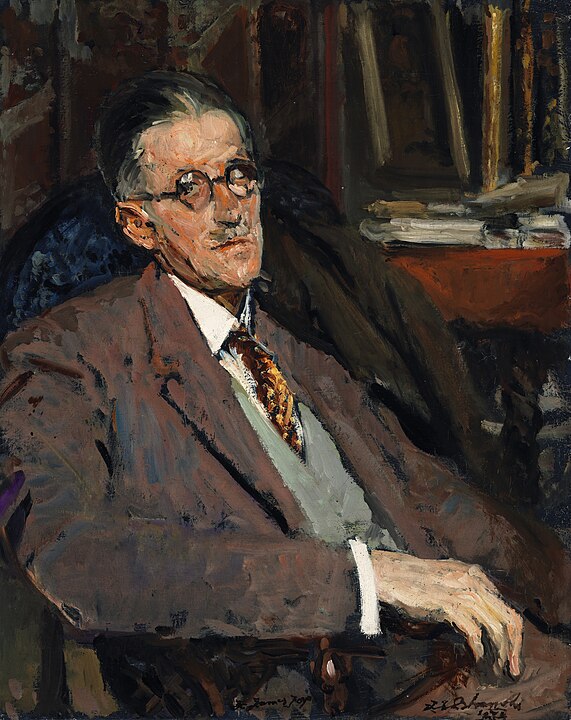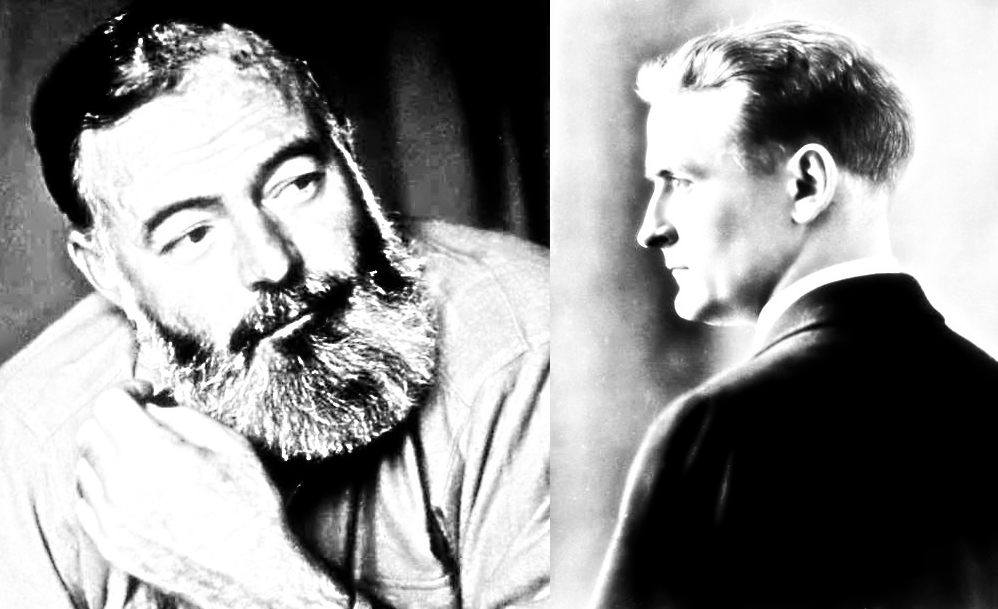Greetings, today on the blog we are going to be examining the next five chapters in A Connecticut Yankee in King Arthur’s Court by Mark Twain. The book by and large is a critical examination of Gilded Age practices, but also touches in ignorance and ignorance through faith and practice.
Chapter XIX
Hank leaves Morgan le Fay’s castle and ventures toward his destination–the aforementioned ogre–and is regaled by Sandy’s continuing story about the knights they had encountered. The story is told “language and all” as if it was right from Morte d’Arthur.
“Go ahead, then,” Hank tells Sandy. “I won’t interrupt this time, if I can help it. Begin over again; start fair, and shake out all your reefs, and I will load my pipe and give good attention.”
Hank has time to reflect and think about the profession of knight-errantry. He comes to realize that it’s an extremely unreliable profession as it can come and go whenever a more equipped man enters the picture.
As Hank states: “And, moreover, when you come right down to the bedrock, knight-errantry is worse than pork; for whatever happens, the pork’s left, and so somebody’s benefited anyway; but when the market breaks, in a knight-errantry whirl, and every knight in the pool passes in his checks, what have you got for assets? Just a rubbish-pile of battered corpses and a barrel or two of busted hardware.”
Chapter XX: The Ogre’s Castle
Hank and Sandy continue their travels and encounter one of his salesmen knights. The knight says a practical joke was played upon him and he was told of a group who could utilize what he was selling: toothpaste and toothbrushes. However, when the knight arrived to sell dental hygiene to the prospective customers, he found that they were all toothless.
As the knight states: “And behold, it was the five patriarchs that had been released from the dungeons the evening before! Poor old creatures, it was all of twenty years since any one of them had known what it was to be equipped with any remaining snag or remnant of a tooth.”
Additionally, Hank sees some of the prisoners that he released from Morgan le Fay’s castle and realizes that the only change that could really take place in this society is total upheaval. Hank doesn’t necessarily have the heart to promote such reform, but knows it must be done if society is to change for the better.
Hank ruminates that it is “immutable law that all revolutions that will succeed must begin in blood,” and that history has taught all people this very fact. “What this folk needed, then, was a Reign of Terror and a guillotine, and I was the wrong man for them.”
Moreover, Sandy tells Hank that they have arrived at the Ogre’s castle. However, it is abundantly clear that they have merely arrived at a pigpen. No matter, Sandy believes there is some mystical magic afoot, so addresses the pigs as maidens and assists Hank in moving the pigs to a manor after he purchases them.
Hank says of the pigs that the, “whole drove was housed in the house, and, great guns!—well, I never saw anything like it. Nor ever heard anything like it. And never smelt anything like it. It was like an insurrection in a gasometer” (Twain).
Chapter XXI: The Pilgrims
Hank and Sandy spend an evening in the manor with the pigs and leave the next day. The pigs are left to their own devices in a stranger’s house. Afterward, Hank and Sandy run across pilgrims of different varieties.
As Hank states: “This company of pilgrims resembled Chaucer’s in this: that it had in it a sample of about all the upper occupations and professions the country could show, and a corresponding variety of costume. There were young men and old men, young women and old women, lively folk and grave folk.”
One group is happy and has an odd relationship with God and cleanliness, as taking baths are a sin, and he runs across another group that is composed of slaves. The slaves are beat mercilessly and this disgusts Hank.
The drab misery of the enslaved is evident through Hank’s introspection: “Their irons had chafed the skin from their ankles and made sores which were ulcerated and wormy. Their naked feet were torn, and none walked without a limp. Originally there had been a hundred of these unfortunates, but about half had been sold on the trip.”
However, he discovers that he is needed in the Valley of Holiness to help stop a river drought. He sends for people from his chemical factory to head to the site immediately.
Chapter XXII: The Holy Fountain
Hank travels to where the broken fountain lays and finds a distraught community. He buys some time by quarrelling with Merlin who is also at the fountain to undo its malfunction. Hank examines the well and finds that its leaking. Eventually, he and Sandy head out to investigate the local hermits. There investigation leads them to see the “uncleanest” and “most prosperous with vermin” humans possible (Twaain).
He states: “Their manner and attitudes were the last expression of complacent self-righteousness. It was one anchorite’s pride to lie naked in the mud and let the insects bite him and blister him unmolested…”
Chapter XXIII: Restoration of the Fountain
Hank sends Merlin away to continue predicting weather, even though the wizard tries to tell him that the well has been curse by a demonic entity. Meanwhile, Hank knows better, so gets some supplies of Greek fire and other explosives and sets the stage to invite the locals to watch his miracle.
Hank states: “I stood a few moments, to let the hearers have a chance to spread my announcement to those who couldn’t hear, and so convey it to the furthest ranks, then I made a grand exhibition of extra posturing and gesturing…”
Hank’s miracle works wonders on the outlook of the people, and they are won over by his immense (albeit fake) power. He installs a pump to the well, too, and convinces the locals of his authority and makes their lives better by proxy.
Analysis
These chapters deal with the superstitions of the locals. They also deal with Hank finding his own power in a way as a leader and a faux magician. That is to say, he has created an infrastructure that allows him to perform fake miracles (the chemical factory). Yet, it also allows him to help in positive ways that impact the kingdom through beneficial interaction, such as the restoration of the fountain (or educating the masses).
Works Cited
Project Gutenberg. (n.d.). A Connecticut Yankee in King Arthur’s Court. The Project Gutenberg eBook of A Connecticut Yankee in King Arthur’s Court, by Mark Twain. https://www.gutenberg.org/files/86/86-h/86-h.htm








Leave a Reply